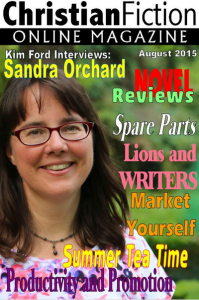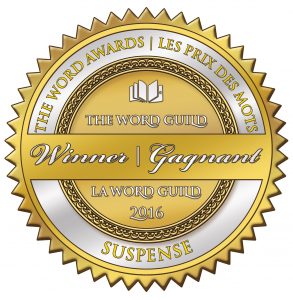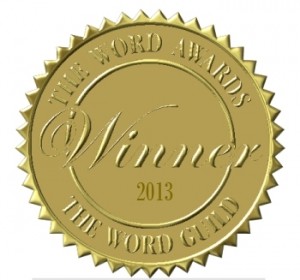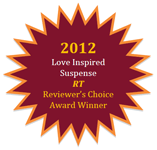Which character in the book do you most relate to and why?
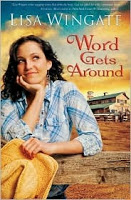 |
| A heroine you’d like? |
That’s question number two at the back of Deep Cover, and it led to an interesting discussion recently among my writing friends.
We were trying to discern if there is a connection between our own personality types and the heroines in the books we enjoy most. Or if the heroines we admire have personalities we aspire to, but don’t necessarily have.
As a child of British parents, I learned that one should keep their emotions under wraps. I learned to esteem a stoic outlook of circumstances, and see crying as a weakness. Not necessarily healthy, and certainly not taught consciously, but that’s the way it was.
As a result, I don’t have much patience for weepy heroines.
That’s not to say, I don’t like women-in-jeopardy stories. I do. I love to read about a protective hero, rescuing and cherishing the woman he loves.
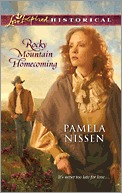 |
| A Likable Heroine? |
Similarly, I’m a highly task-oriented, type A personality. When I read the list of characteristics of that kind of personality, I see them as positive qualities. Others read those same characteristics and see many of them as negatives.
Likewise, when they see those characteristics in a heroine, they’ll see her as unlikable while other readers may admire her.
Then, of course, there’s the influence of our first impression based on the cover are picture.
Interesting, isn’t it?
Your turn: What kind of hero or heroine do you most relate to and why? Do they share the same kind of personality as you, or attributes you aspire to have?

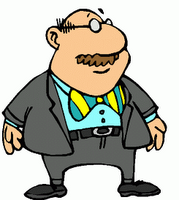
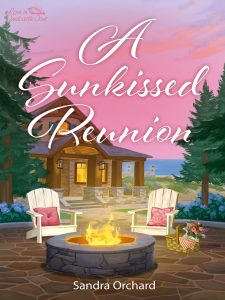

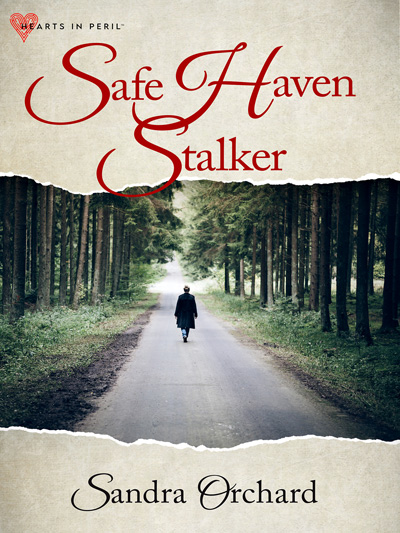
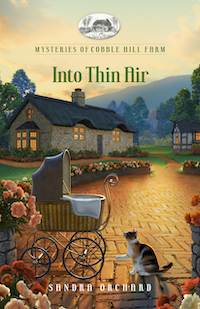
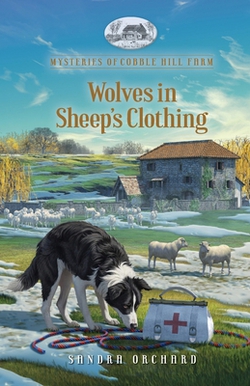
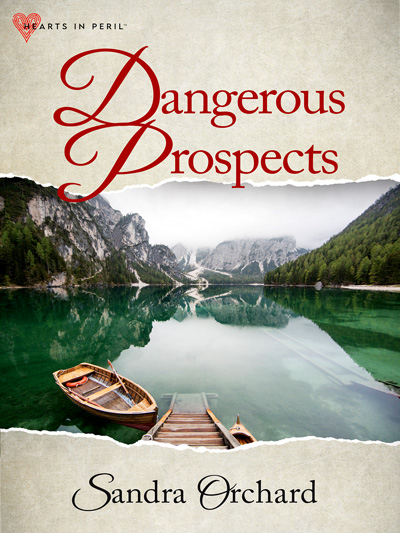
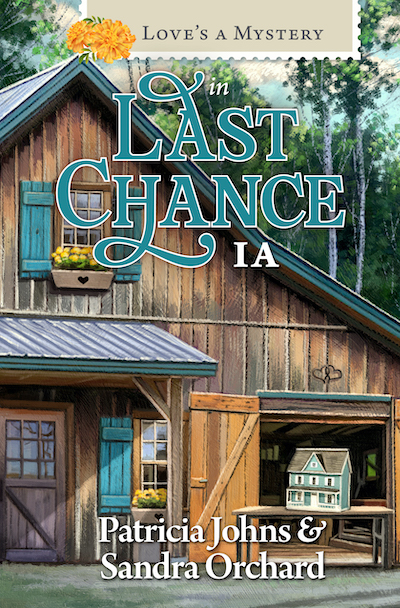

 RSS - Posts
RSS - Posts